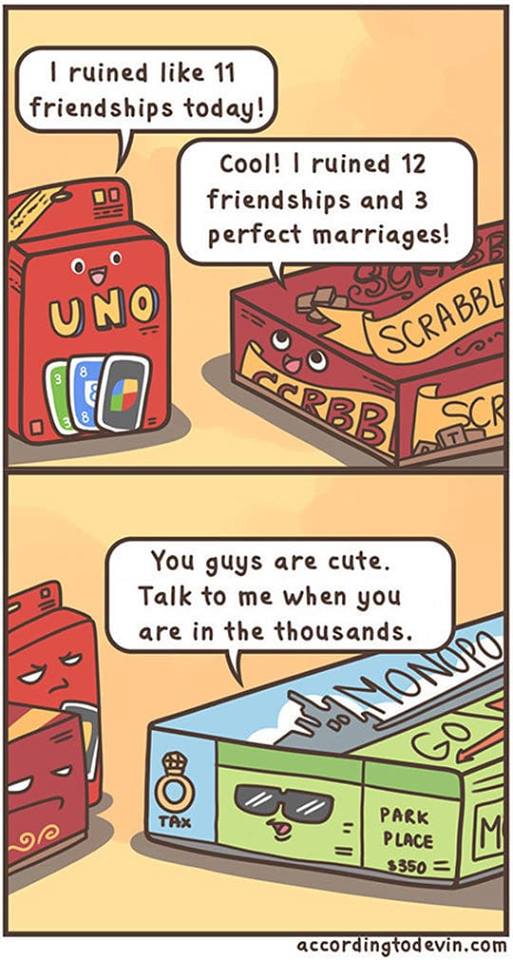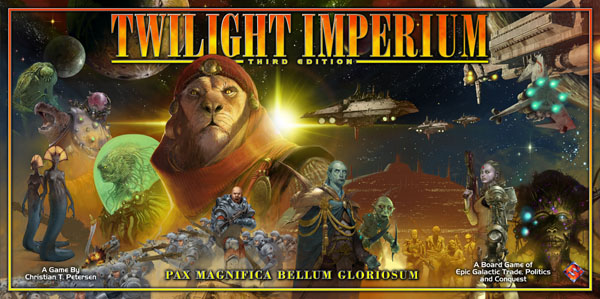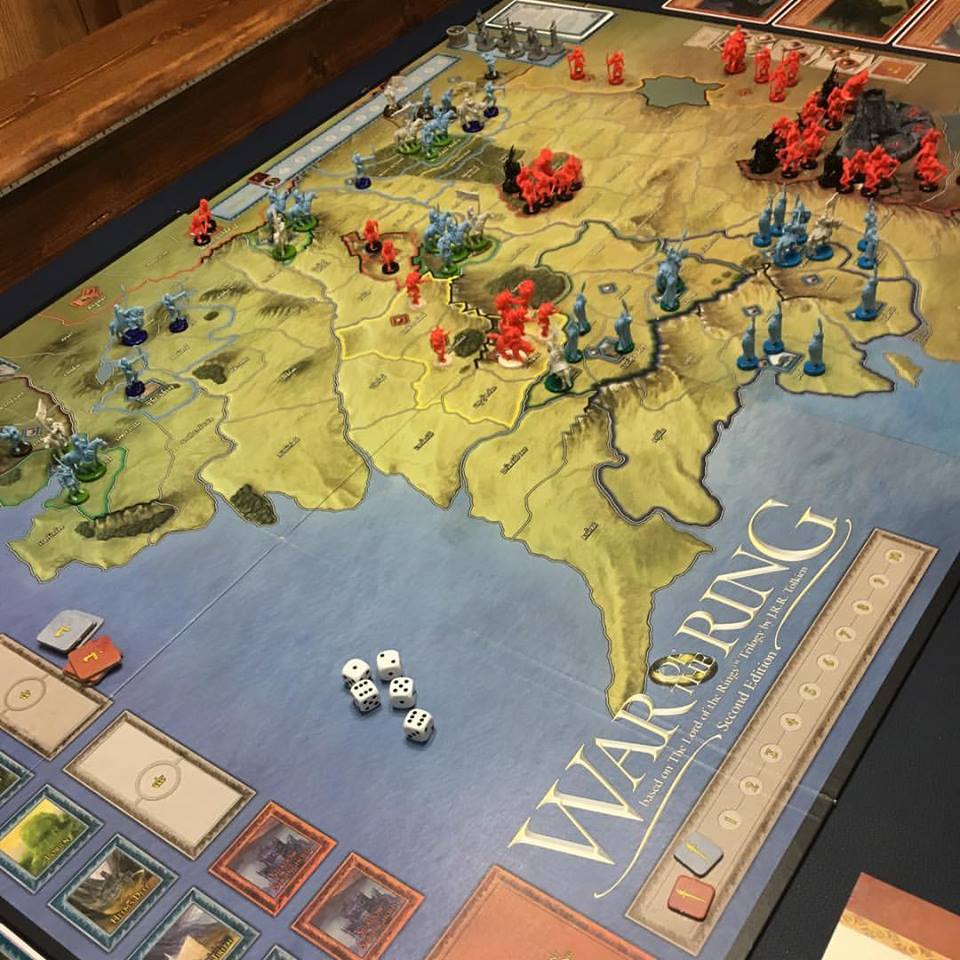In the 1980s, while I was in school (what do you mean by “old”? That was only 20 years ago!), my friends and I became interested in tabletop games. I think it all kind of started with Milton Bradley’s Axis & Allies. That led, over time, to more and more complex and involving games, from Squad Leader to Battletech to Star Fleet Battles. And then one day, one friend brought a little box called “Car Wars.” Sure, that sounded fun. So we tried it out.
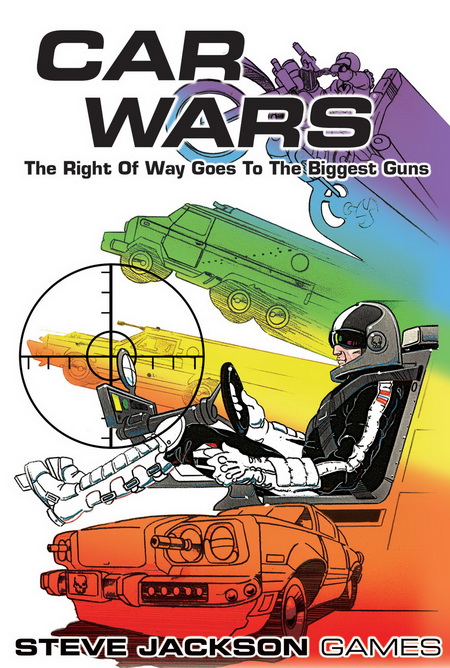
In virtually no time, we were searching out everything related to Car Wars we could find – expansions to the base game, role-playing supplements, even a video game (Autoduel). We spent hours and hours making car designs and… what? Oh. The game itself.
Put simply, Car Wars is exactly what you would expect from the name. Players have cars, with weapons and armor strapped on them, and have wars. Simple concept, borrowing from things like Mad Max and other post apocalyptic and sci-fi concepts. Cars could range from something as simple as a subcompact with a little bit of armor and a machine gun on the front to fully decked-out 18-wheelers with multiple turreted lasers, advanced electronics, concealed mine droppers, and so much more. Each game depended on what you wanted to play: a chase through the streets of a small town? A freeway encounter with a sinister biker gang? Or, the most common, an arena duel to gain fame and money? Lots of dice were thrown, lots of charts were consulted, and hours and hours ticked by…
We grew older. Tabletop gaming changed. We changed. The days of checking various charts for everything became… old hat. Newer games, inspired by designers from that other continent across the ocean there, became big hits. We wanted games that played faster, with more streamlined and elegant rules.
In 2004, I ran across an odd game at Toys R Us. It caught my attention, because, at the time, TRU never had any interesting games (Monopoly Variants R Us!). The game was called Heroscape, and promised all sorts of mayhem with dozens of different units and… lots of dice. I decided to give it a try… and got sucked in. It swiftly became (and still is) one of my all-time favorite games. It satisfied a desire from my Car Wars days: “designing” something (in this case, selecting various unit cards to combine together) and then moving about on a map and rolling dice for combat.
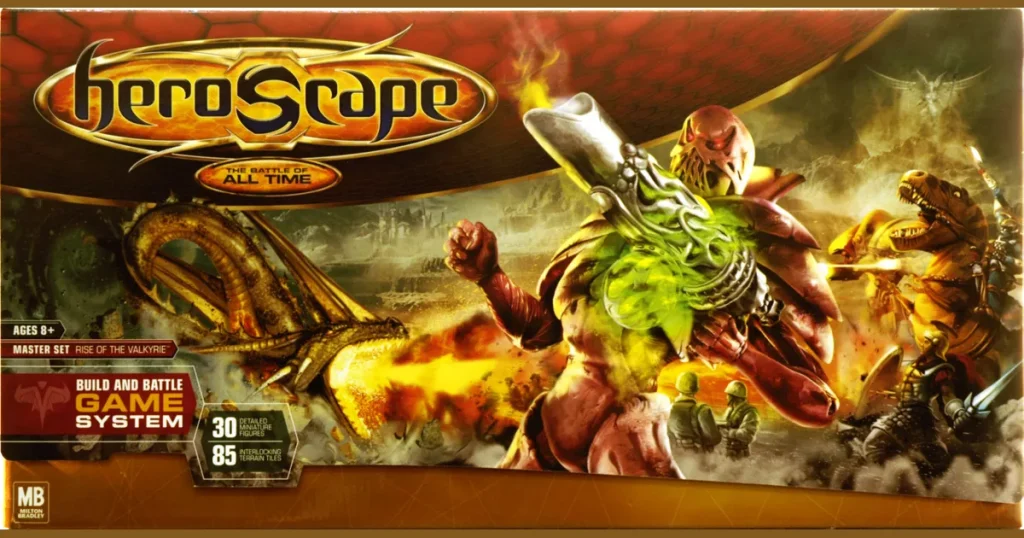
Both games, Car Wars and Heroscape, also offered huge arenas for my writer’s imagination to play within. I wrote stories set in both universes at different times in my life. With Car Wars, we even role-played, to some extent, developing our drivers over a succession of duels, etc.
And now… now we have a new edition of Car Wars. The original makers, Steve Jackson Games, have spent many, many years trying to take the best of 1980s Car Wars and bring it to today’s tabletop gamers, who demand something much different in a game. The result is a new edition (technically the 6th, because of how things get counted. No, I don’t get it, either.) with sculpted miniatures, streamlined rules, and… lots of dice.
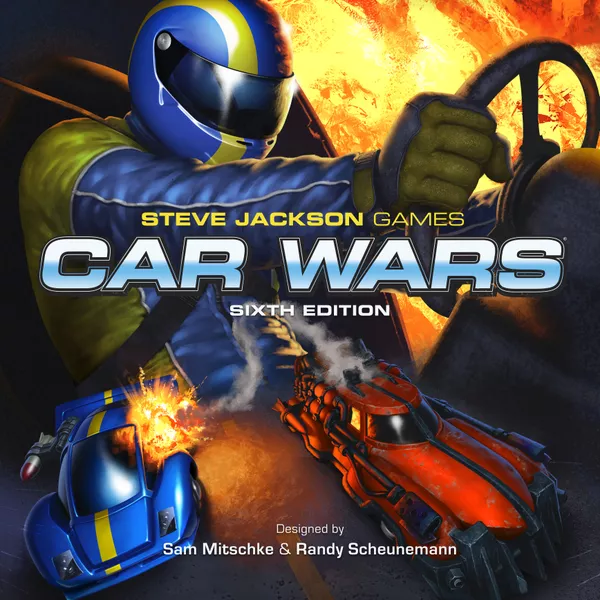
Car Wars 6th Edition takes virtually everything I loved about the 1980s game and puts it all together in an attractive and exciting package. Forget the charts. Forget the pencil-and-paper checklists. Everything here is spelled out simply on cards. How much damage does that machine gun do? Check the chart!—No! It’s written right there on the card. You roll these particular dice to find out. Can I make a 90-degree turn so my front-facing flamethrower can hit that other guy’s car? Sure, you can try, by using this turning key (a great concept from the old game brought into the new). How do I know if I succeeded without losing control? Check the chart on page—No! You roll dice, which are designated right there on the turning key itself. Simple. Fast. Fun.
In the old days, we would design cars by calculating how much weight the chassis could bear, what kind of suspension the car needed, how much money we had to spend, and then balance out what we wanted in armor, weapons, and accessories. This required a lot of math, and a lot of scribbling on paper. Today, we can agree on “build points” like, say, 12, and then choose cards that add up to that number. It still allows for tons of variation (if you combine all of the cards from all of the expansions right now, I think the total is 330), but is so much simpler.
And yet it preserves what we all loved about Car Wars. The “feel” is there, for lack of a better word. But more than that, it feels like Heroscape! In both games, we choose cards adding up to a certain point value. We “build” the map we want to use. And then we move our playing pieces, roll attack dice, and roll defense dice. (Plus a myriad of special abilities!)
Many Euro gamers will probably still sneer at a “dice chucker.” But you know what? Some will try it out and discover… it’s fun! And regardless of what some people will say, that’s the most important factor for a game (to me, anyway). It is fun. Lots and lots of fun.
In short, Car Wars 6th Edition takes my most beloved game from the 1980s and combines it with my most beloved game from the early 2000s… to create what may very well become my most beloved game from the 2020s. Only time and the dice will tell.
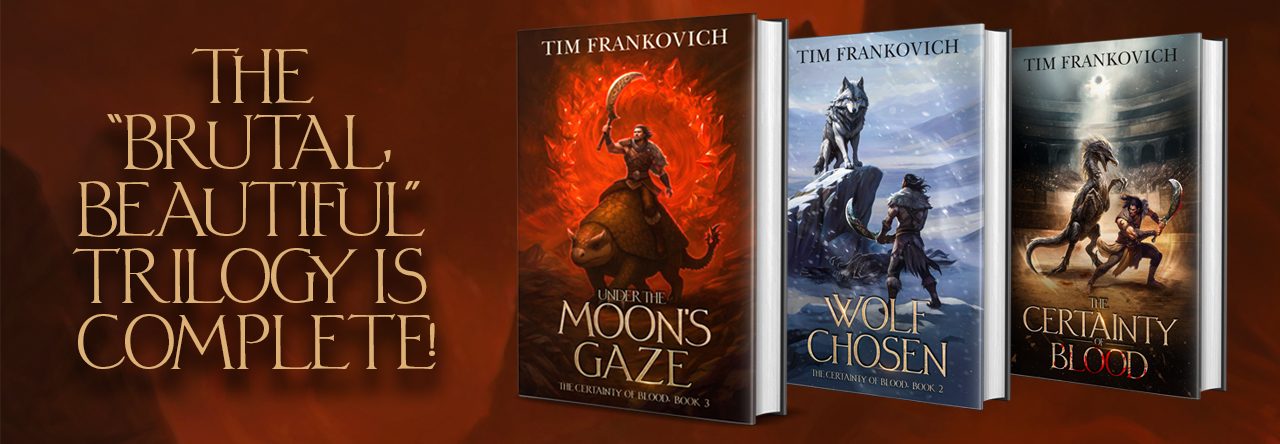
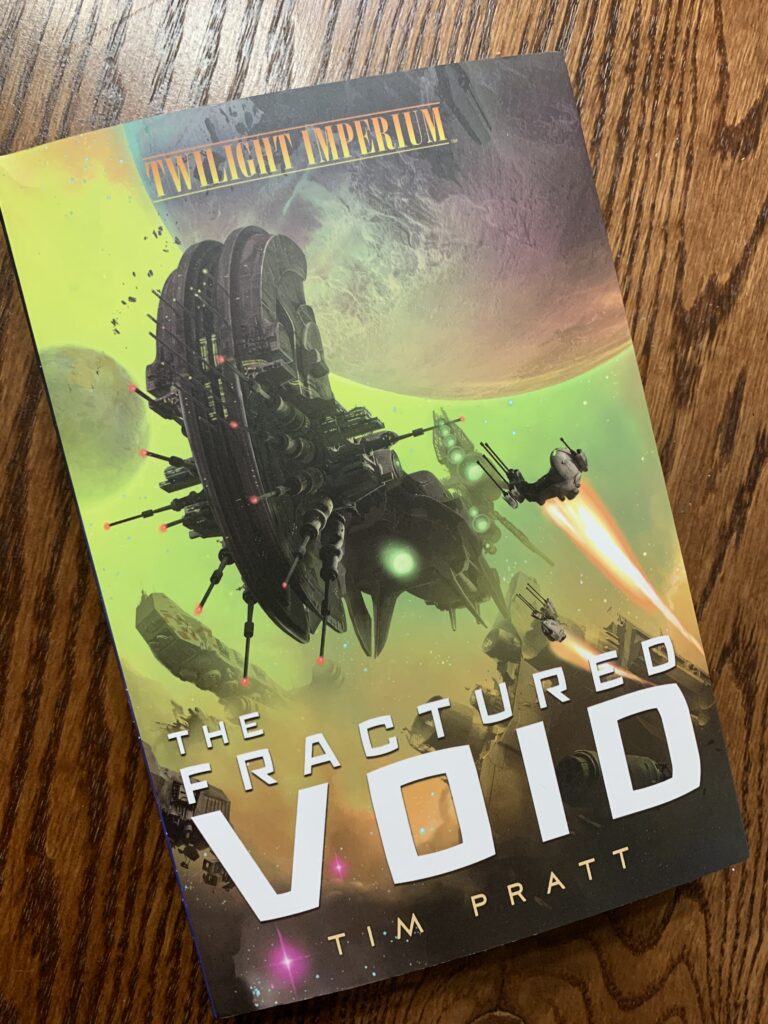
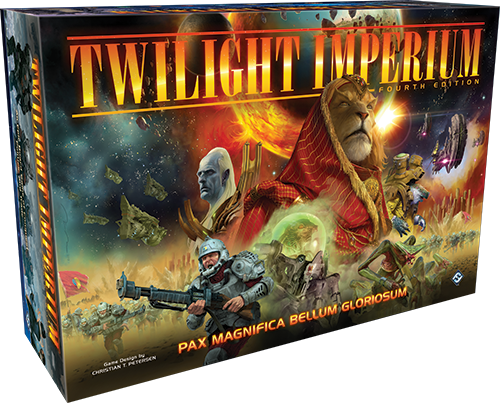
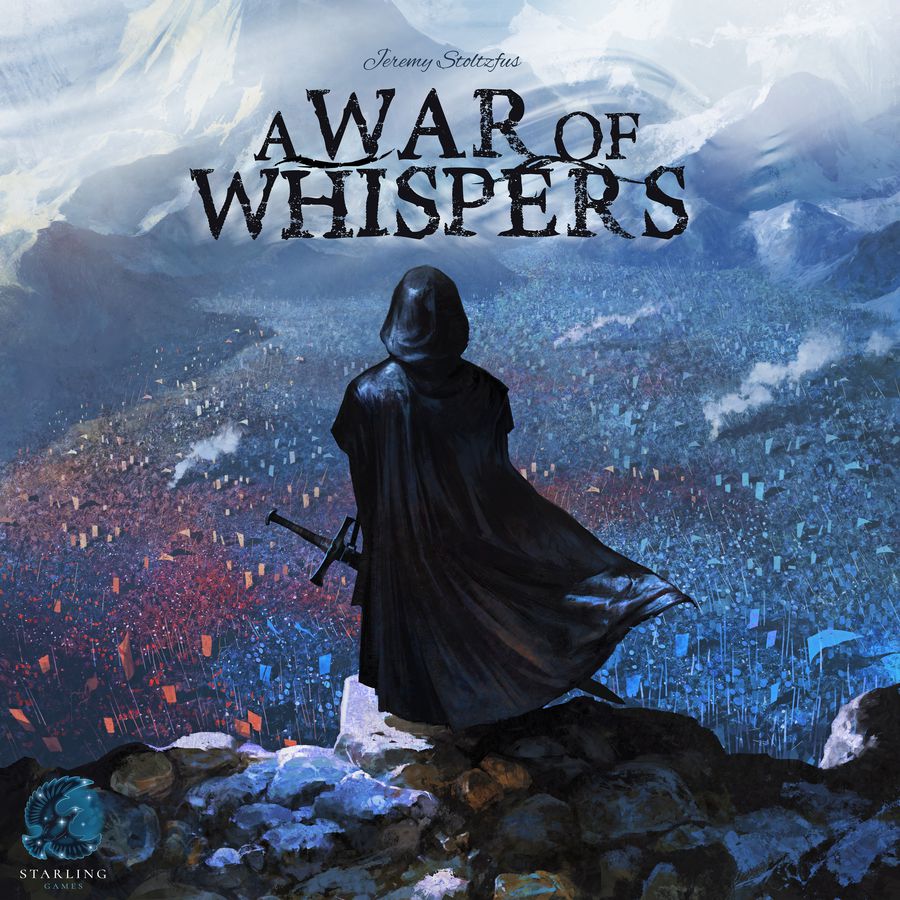
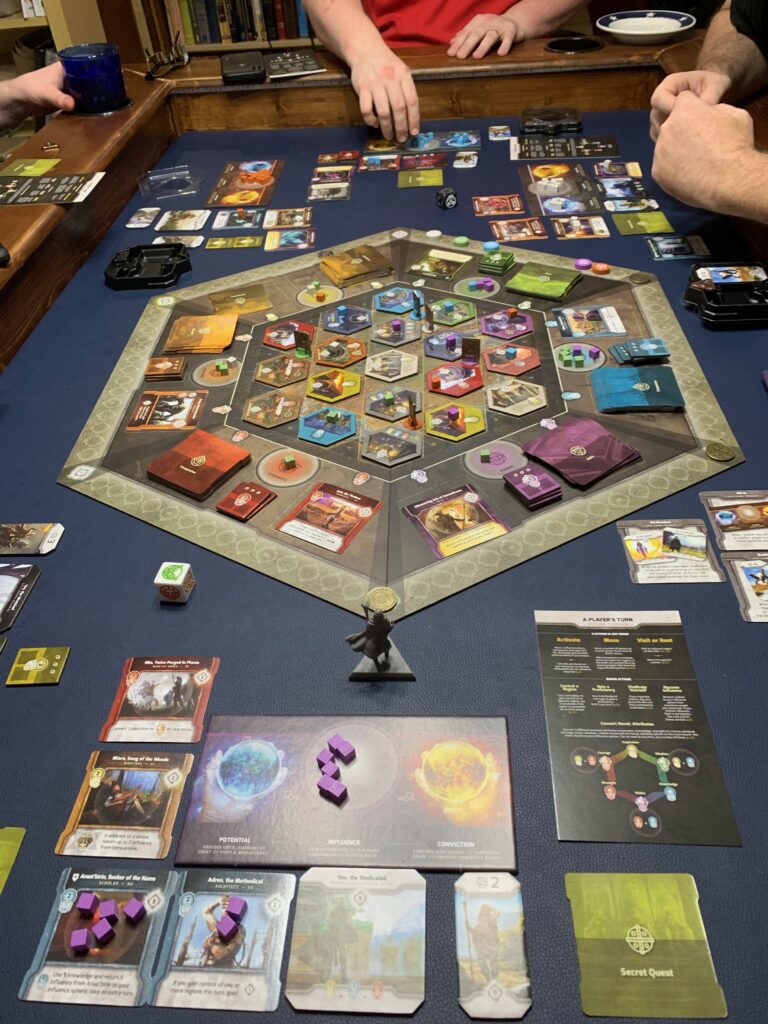
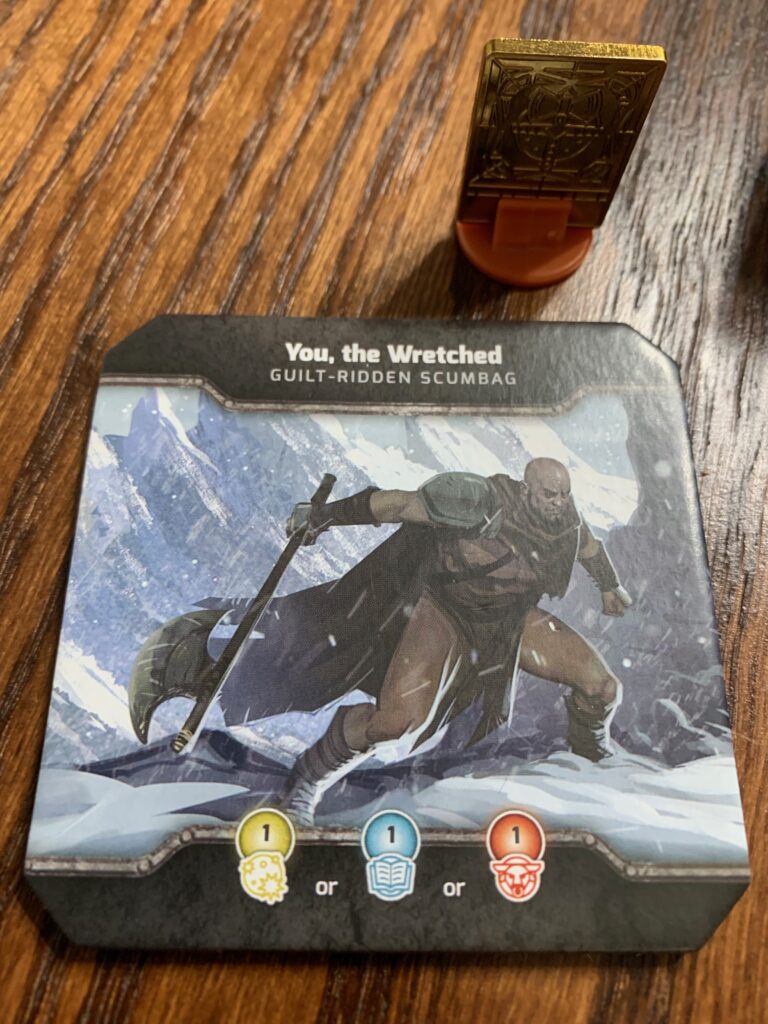
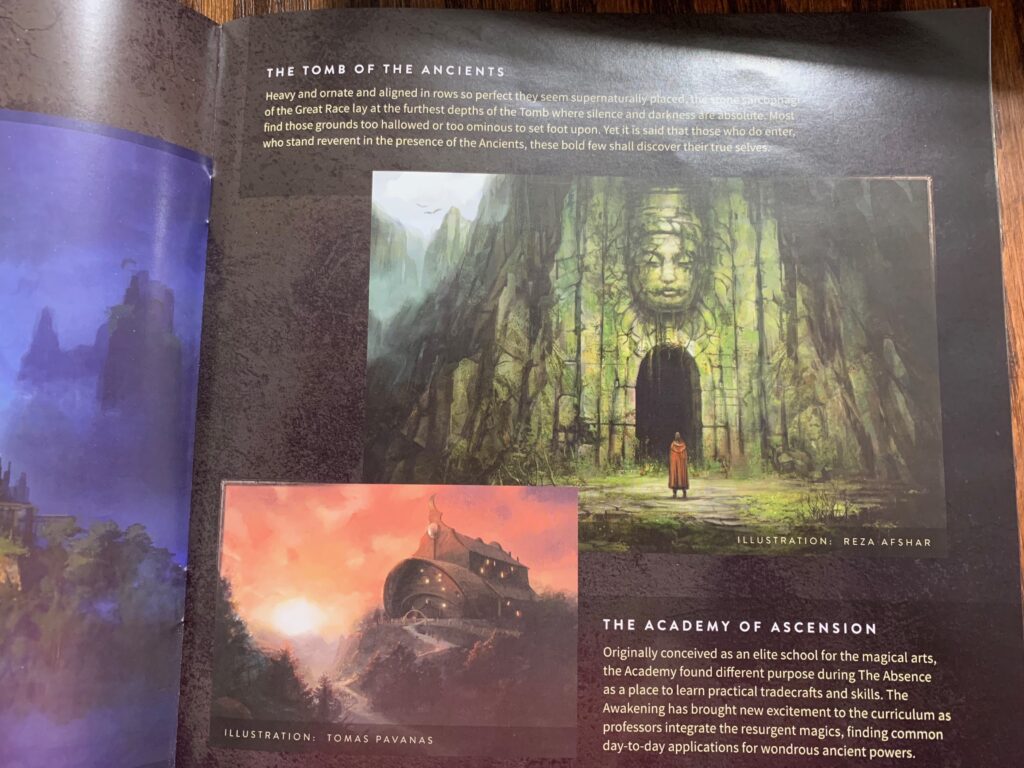
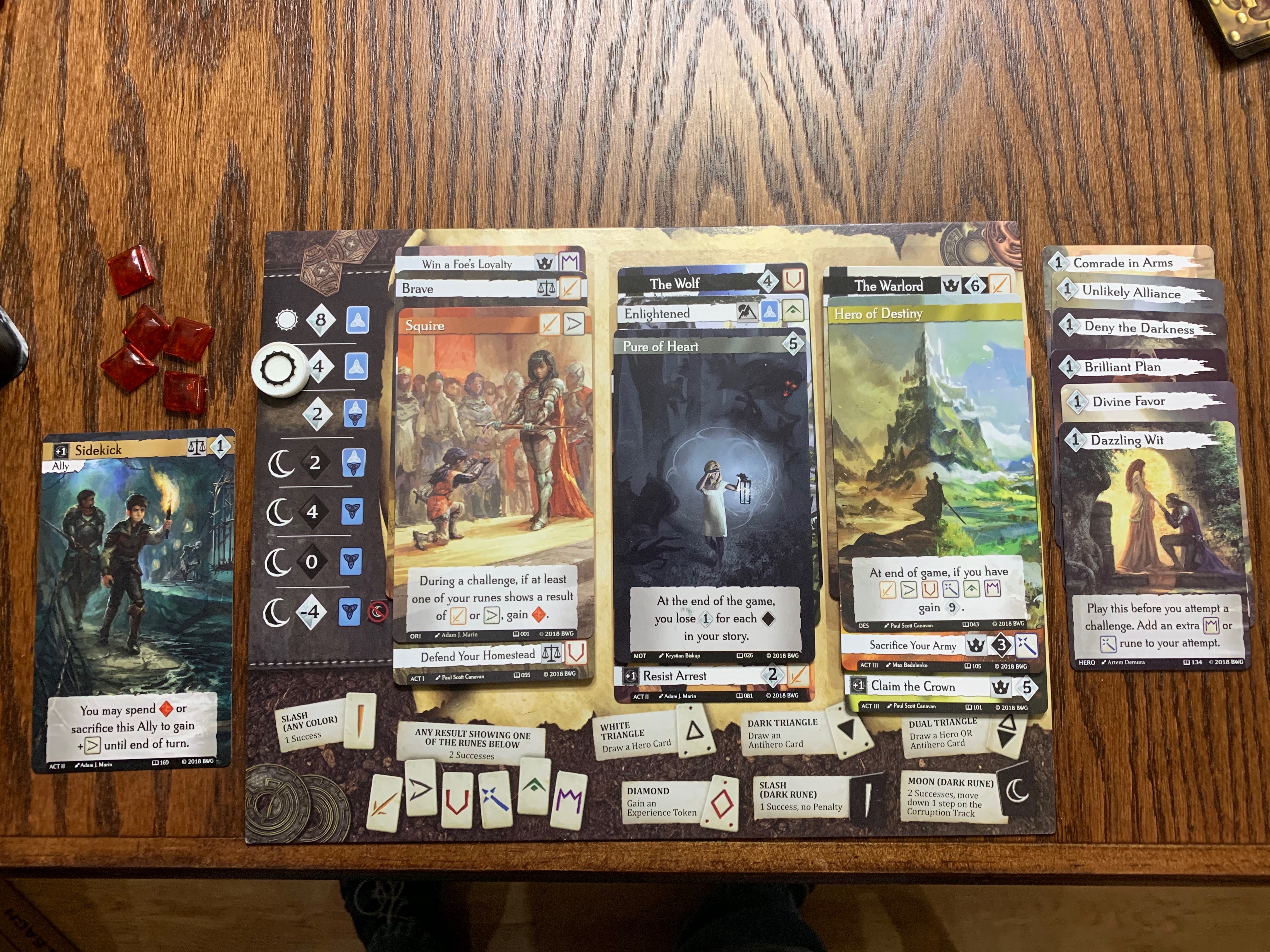 This is but one of thousands of possible stories you can create with the game
This is but one of thousands of possible stories you can create with the game 